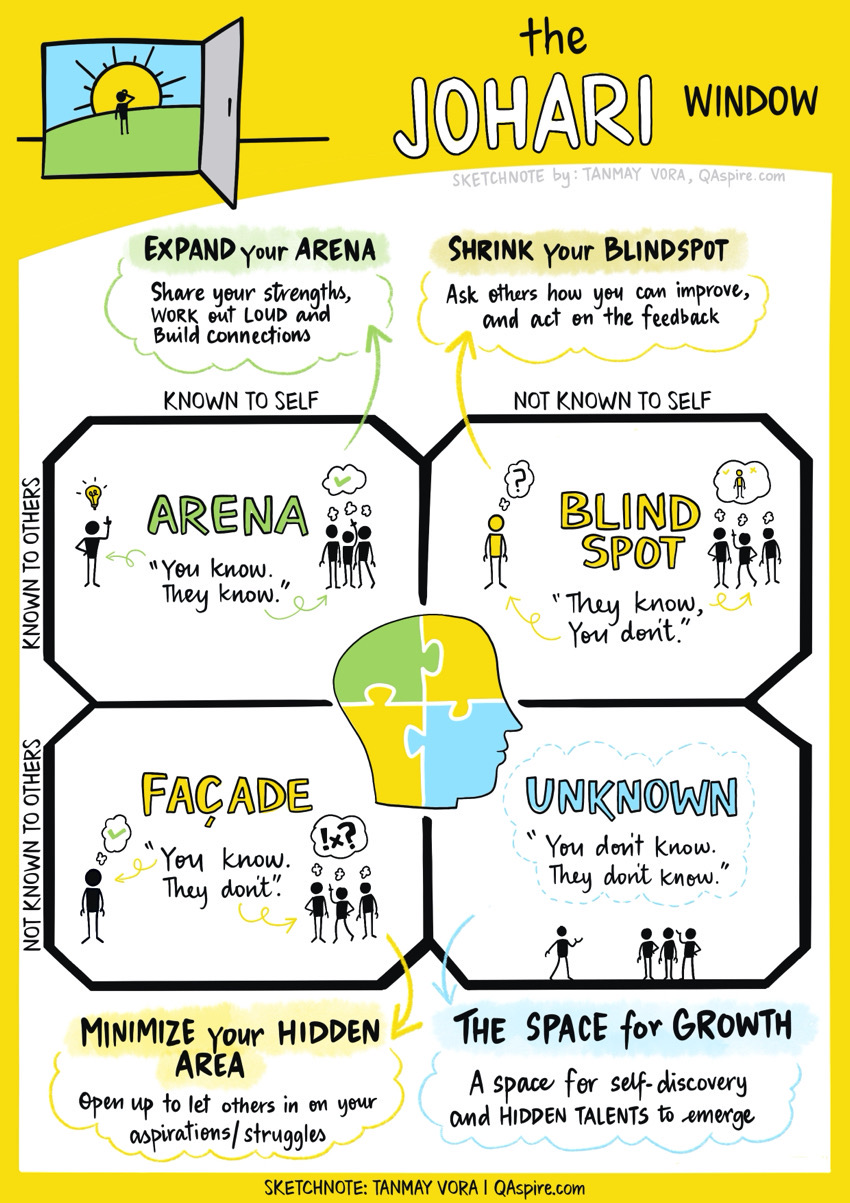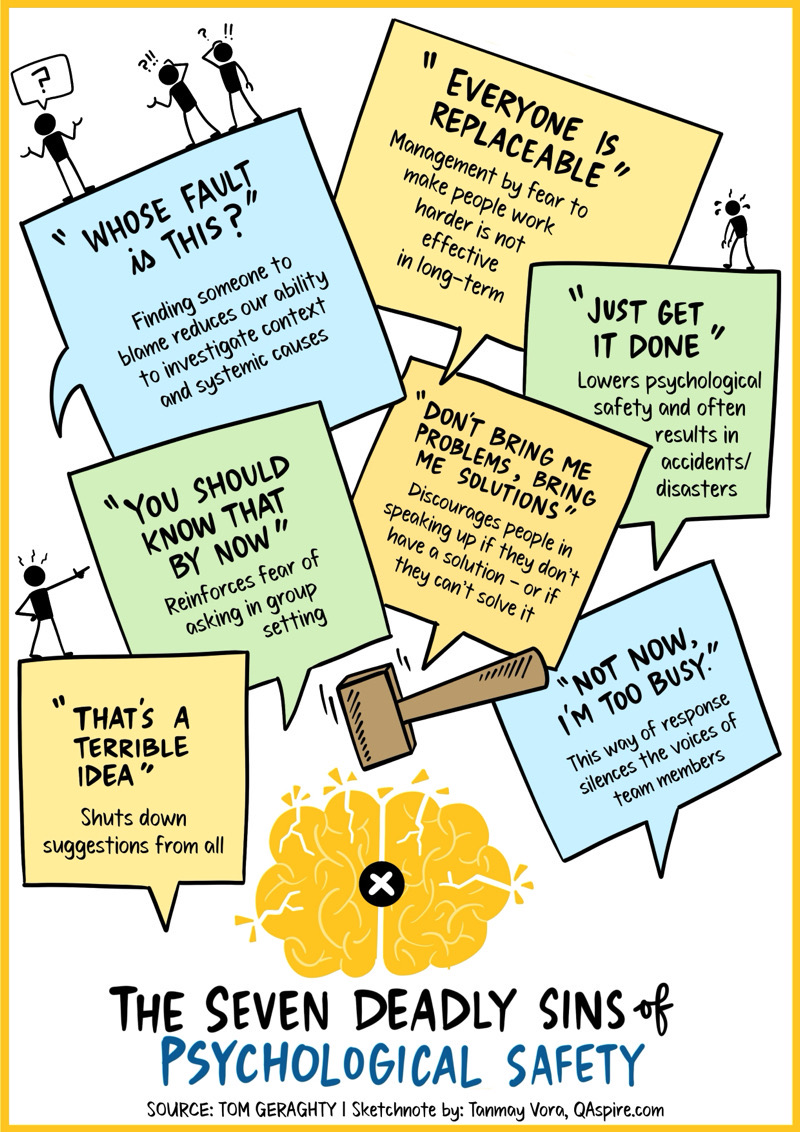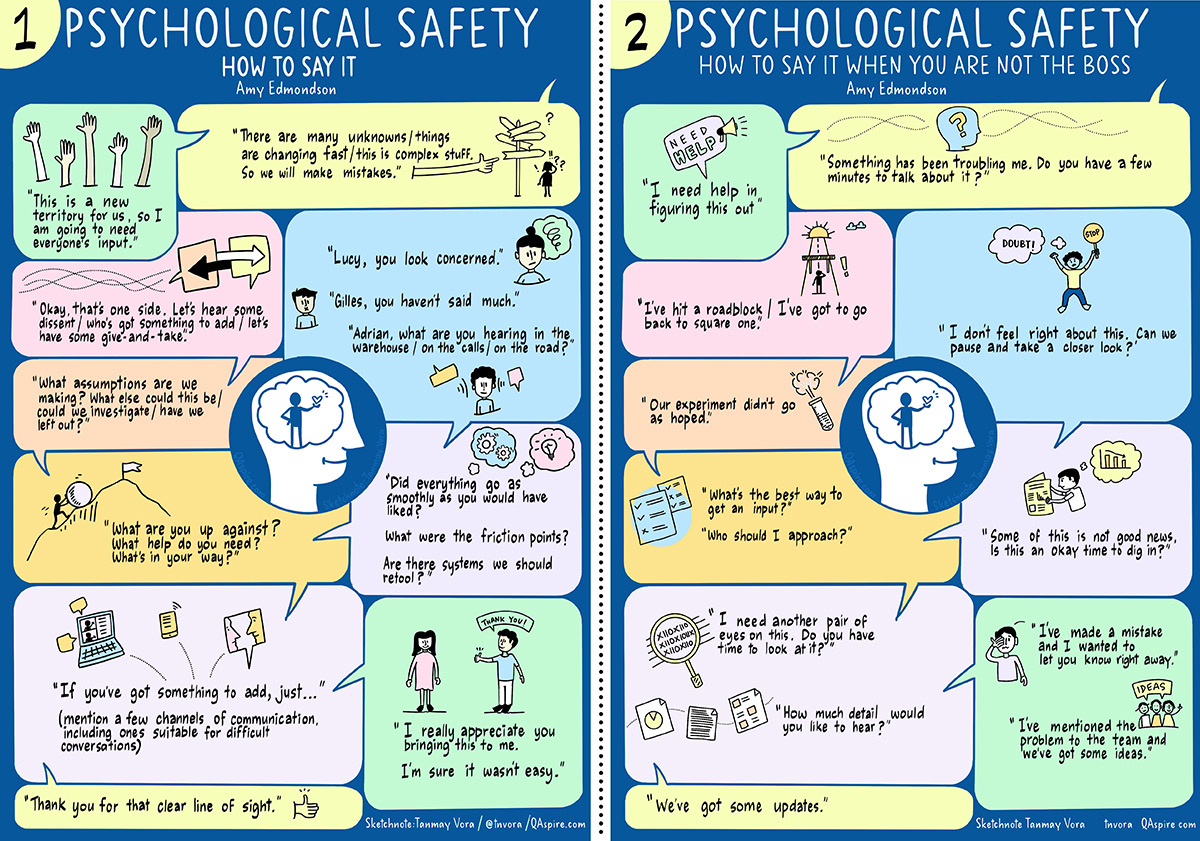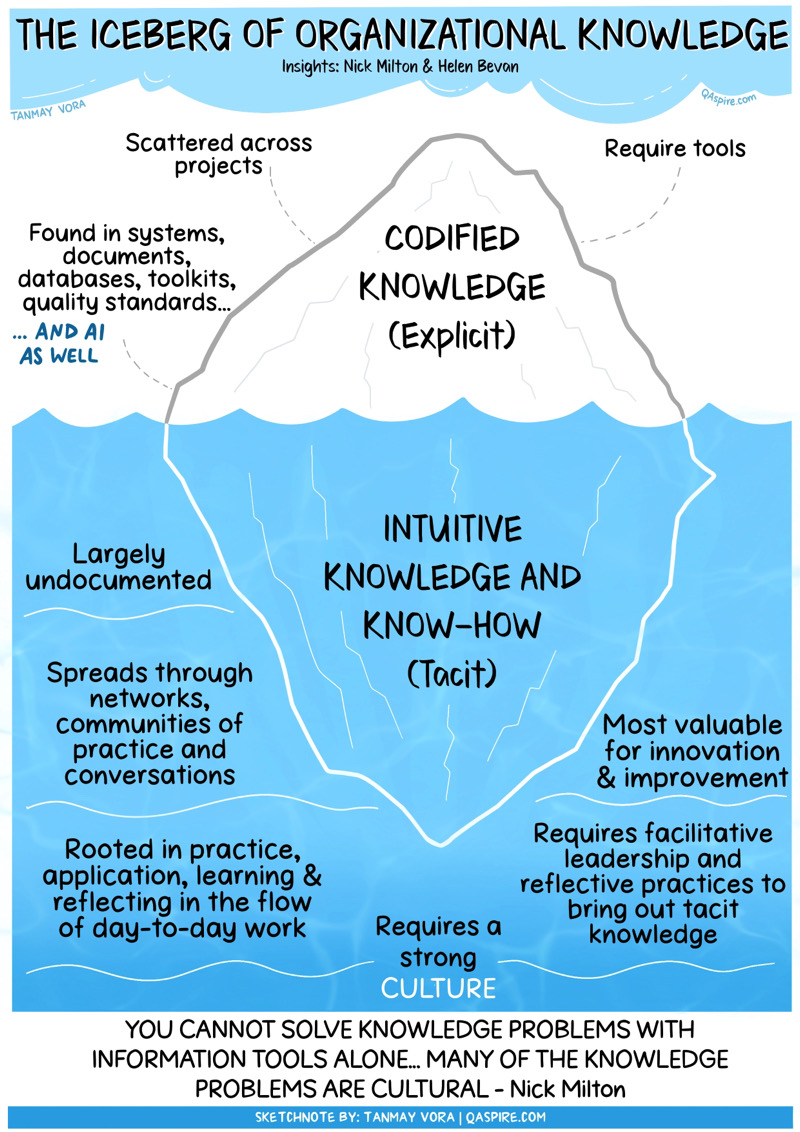Episode 1
Half oktober kreeg ik deze video te zien: een uitstekende Arjen Lubach die in zijn avondshow een blik worp op wat peuters en kleuters aangeboden krijgen op TV.
Hij noemt het "hysterische tv voor peuters".
In de show komt een passage waarin ook de Belgische neuropsychiater Theo Compernolle aan het woord komt.
Episode 2
Half november verscheen dan dit artikel in De Morgen: een interview met Compernolle naar aanleiding van de show van Lubach.
Enkele belangrijke passages:
‘Crack voor kinderen’ noemde een Amerikaanse pedagoge het.
Er wordt steeds meer naar filmpjes gekeken door peuters en kleuters.
Kinderen tussen 9 maanden en 6 jaar zijn gemiddeld zo’n 1 uur en 50 minuten per dag bezig met digitale media, terwijl kinderartsen al lang adviseren om schermtijd op jonge leeftijd te beperken.
Onder de 4 jaar is het zelfs aangewezen om kinderen helemaal geen scherm aan te bieden.
“Ik snap wel dat mensen naar de iPad grijpen, hoor.
Als beide ouders na het werk afgepeigerd thuiskomen en hun kleine vervolgens een driftbui krijgt die maar niet gekalmeerd raakt, is dat scherm erg aanlokkelijk: je zet een filmpje op en meteen is de rust terug in huis.
Maar ondertussen ben je wel bezig een veel groter probleem te creëren.
Al die schermtijd heeft een negatieve impact op de taalontwikkeling, op de regulatie van emoties, op aandacht, concentratie en zelfcontrole.
En dan moet nog blijken of er op langere termijn misschien zelfs hersenschade kan optreden.
Hebben de filmpjes ook positieve effecten bij jonge kinderen?
Nee! Vaak hebben de makers de mond vol van de educatieve waarde van hun programma’s, maar die blijkt in de praktijk erg beperkt.
Je hebt soms ouders die trots vertellen dat hun kind van anderhalf al kan swipen, maar dat is echt geen knappe prestatie: op zo’n schermpje vegen en tikken is een primitieve reflex.
Vergelijk dat met kinderen die leren spelen met een vormenstoof, zo’n houten kubus waarbij je vormpjes in de juiste gaten moet duwen: dan zie je wat écht educatief is.
Zou de overheid het schermgebruik meer aan banden moeten leggen?
Absoluut, ze kunnen het onder een bepaalde leeftijd gewoon verbieden.
In Zweden hebben ze dat onlangs gedaan voor kinderen onder de 2 jaar.
Je kunt onmogelijk mensen thuis gaan controleren, maar de overheid zendt er wel een krachtige boodschap mee uit.
Natuurlijk zal zo’n beslissing weerstand oproepen, maar dat was niet anders toen de regering besloot dat je bij je kinderen niet meer mag roken of dat mensen in de auto veiligheidsgordels moeten dragen.
Over een paar jaar vinden we het de normaalste zaak van de wereld.
Episode 3
Op 9 december las ik echter een lichtpuntje in De Morgen, over "Een digitale speeltuin voor de kleinsten zonder verslavende valkuilen: maak kennis met de bekroonde Belgische app Pok Pok".
Er is nog hoop 👍
Arnold.




